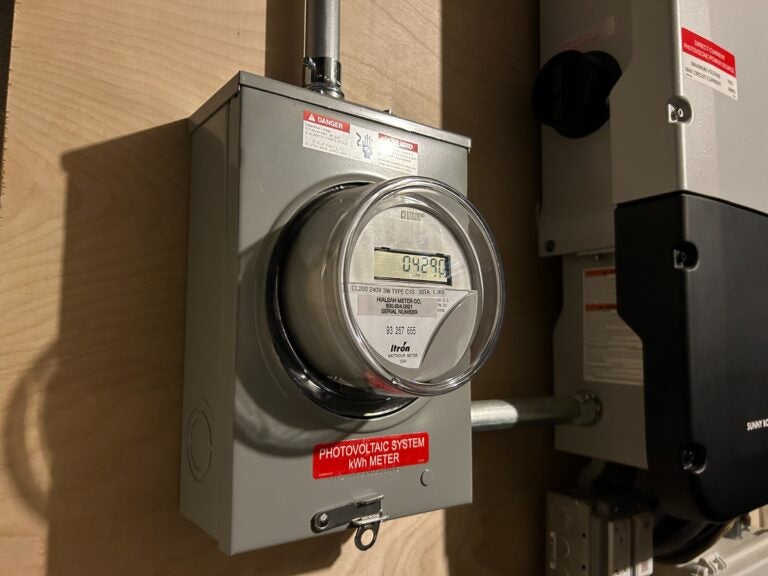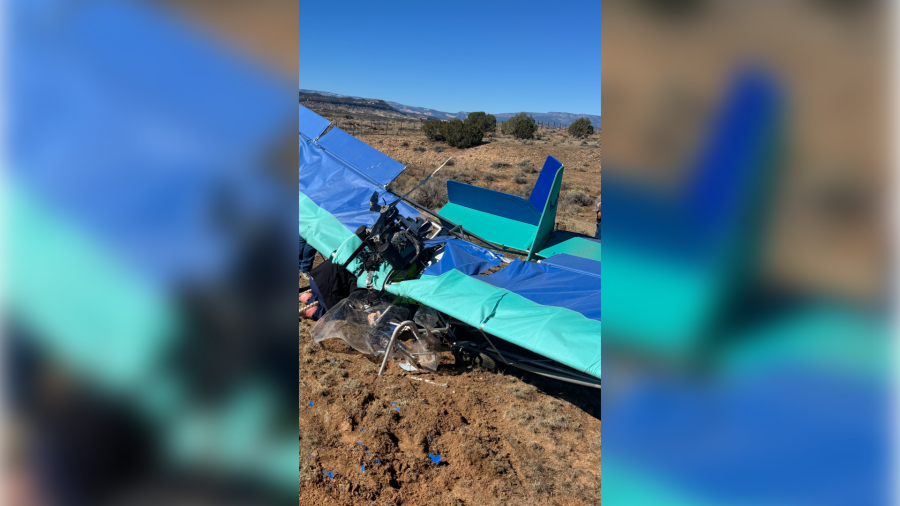UPDATE: The federal government shutdown is forcing a delay in the Low Income Home Energy Assistance Program (LIHEAP) for over 300,000 Pennsylvania families struggling to pay utility bills. The program’s start date has been pushed from early November to December 3, pending federal funding release.
This urgent development affects countless households, many of which survive on annual incomes below $20,000. Without timely assistance, vulnerable families face the risk of losing heat during the cold winter months.
The Pennsylvania Department of Human Services has confirmed that the state has yet to receive its annual allocation of over $200 million in LIHEAP funding due to the ongoing shutdown. As a result, the state cannot supplement these federal funds, leaving the program on hold until the situation resolves.
What is LIHEAP? The Low Income Home Energy Assistance Program is crucial for low-income households, providing essential support for winter heating and summer cooling bills. LIHEAP offers two types of grants: cash and crisis. Cash payments range from $200 to $1,000 and are credited directly to utility accounts, while crisis payments assist families at immediate risk of losing heat.
In the upcoming LIHEAP season, the state estimates that over 360,000 households could receive cash grants, with more than 100,000 families qualifying for crisis assistance.
Pennsylvania families can apply for LIHEAP starting on December 3, provided the state receives its federal funding by that date. Applications will be processed through the COMPASS portal or county assistance offices, with a hotline available at 1-866-857-7095 for additional support.
As families await assistance, it’s essential to explore other utility aid options. In the Philadelphia area, both Philadelphia Gas Works and PECO offer separate assistance programs that could provide relief. PECO has initiatives that cap monthly bills for low-income customers, while PGW’s Customer Responsibility Program can significantly reduce gas bills.
With winter rapidly approaching, the delay in LIHEAP funding leaves families in a precarious position. The situation highlights the urgent need for government action and support for those who rely on these vital programs to stay warm and safe this winter.
Stay tuned for further updates as this situation develops.







